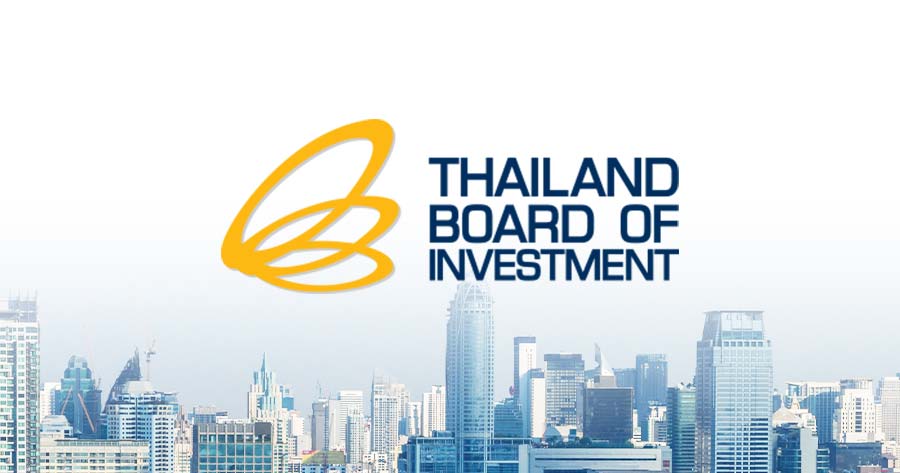Thailand’s Commission on the National Competitiveness Enhancement for Targeted Industries Policies, for which the Thailand Board of Investment (BOI) acts as the secretariat, approved a measure to develop highly-skilled professionals for new-generation industries. The measure aims to respond to the changing skill requirements of the industrial sector, especially in target industries essential to the country’s strategic development.
The goal of this measure is to enhance the skill sets of at least 100,000 individuals. These are divided into two groups: 30,000 university students preparing to enter the labor market, and 70,000 workers currently employed in the labor market, through upskilling, reskilling, and creation of new skill-development initiatives to meet the urgent demands of next-generation industries and to support the adaptation of the manufacturing and service sectors to new technological directions. The initiatives are part of the Government’s “Quick Big Win” strategy to deliver fast and high-impact results that strengthen Thailand’s investment and workforce competitiveness.
“The measure to develop highly-skilled professionals for new-generation industries approved today, help strengthen international investors’ confidence in Thailand as a hub for next-generation investments, from agriculture and biotechnology to digital technology,” Mr. Narit Therdsteerasukdi, Secretary General of the BOI, said after the meeting, chaired by Mr. Anutin Charnvirakul, Prime Minister and Minister of Interior.
The measure covers all related target industries of national importance: agriculture and biotechnology, high value-added food processing, biofuel and biochemical, next-generation automotive, advanced electronics, robotics, digital technology, healthcare services, defense, and green industry.
The curriculum of applicable training programs must be aligned with new technologies or advanced knowledge that contribute to the enhancement of the country’s technological competitiveness. Forms of training eligible for incentives under this measure include bootcamps, onsite and online training programs, and internships, in which the duration of each training program may vary depending on its specific curriculum.
Regarding the incentives granted under this measure, the qualified training programs will be eligible for necessary and relevant training costs, with the maximum allowable amount determined by the form of training. The cost coverage extends across key areas such as curriculum development, evaluation system management, and hands-on training, ensuring comprehensive support throughout the training process.
In addition, the Commission also approved a measure to strengthen Thai entrepreneurs’ competitiveness by supporting projects with strong capabilities that contribute to the supply chains of new-generation industries in terms of technological development and manufacturing process enhancement to increase productivity and meet international standards.
“Strengthening Thai entrepreneurs’ competitiveness can potentially result in stronger domestic supply chain linkages and lead to a higher volume of investment,” Mr. Narit said. “The increased investment will drive the country’s economy forward in line with the Government’s policy.”





